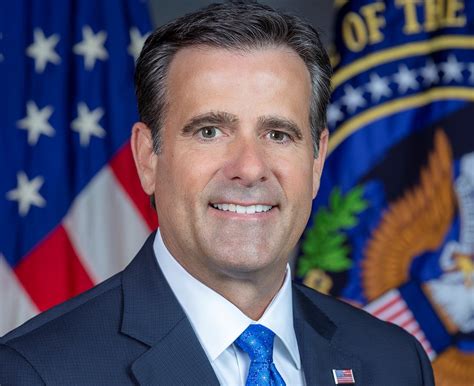A Quote by Pete Hoekstra
After the heavily politicized 2007 Iran NIE, many of us in Congress found it hard to take some intelligence analysis at face value.
Related Quotes
The intelligence community's 2002 National Intelligence Estimate (NIE) stated, in a formal presentation to President Bush and to Congress, its view that Saddam had weapons of mass destruction - a belief in which the NIE said it held a 90% level of confidence. That is about as certain as the intelligence community gets on any subject.
I was born in Iran, my parents are Armenian. We fled from Iran to the Netherlands when I was eight years old. We had a lot of family and friends in Iran, so it was hard to leave, especially for my parents. But we managed to settle well in the Netherlands, after a year in refugee camps. But I understood it was a process.
Congress has a limited role in regards to the nuclear agreement with Iran. We do have a review statute that was enacted into law where we review Iran's compliance with the agreement, and we have certain requirements on the President to keep us informed. What we have seen so far is that Iran is in compliance with the nuclear part of the agreement, but certainly has violated non-nuclear issues.
Beyond that is the fear that the United States will end up negotiating and agreeing to a deal with Iran. The Israelis do not like that either because they fear the deal will come at the expense of Israel's security interests. From an Israeli perspective, the NIE makes the risk of some sort of settlement much greater.
Iran is hard to understand. Although it is ruled in an authoritarian manner, it's not a state in which everything is controlled from one center. There are many forces that work in parallel: the military, the intelligence service, the Revolutionary Guard, the clergy and the government. They all share a fear of the nation's youth.


































